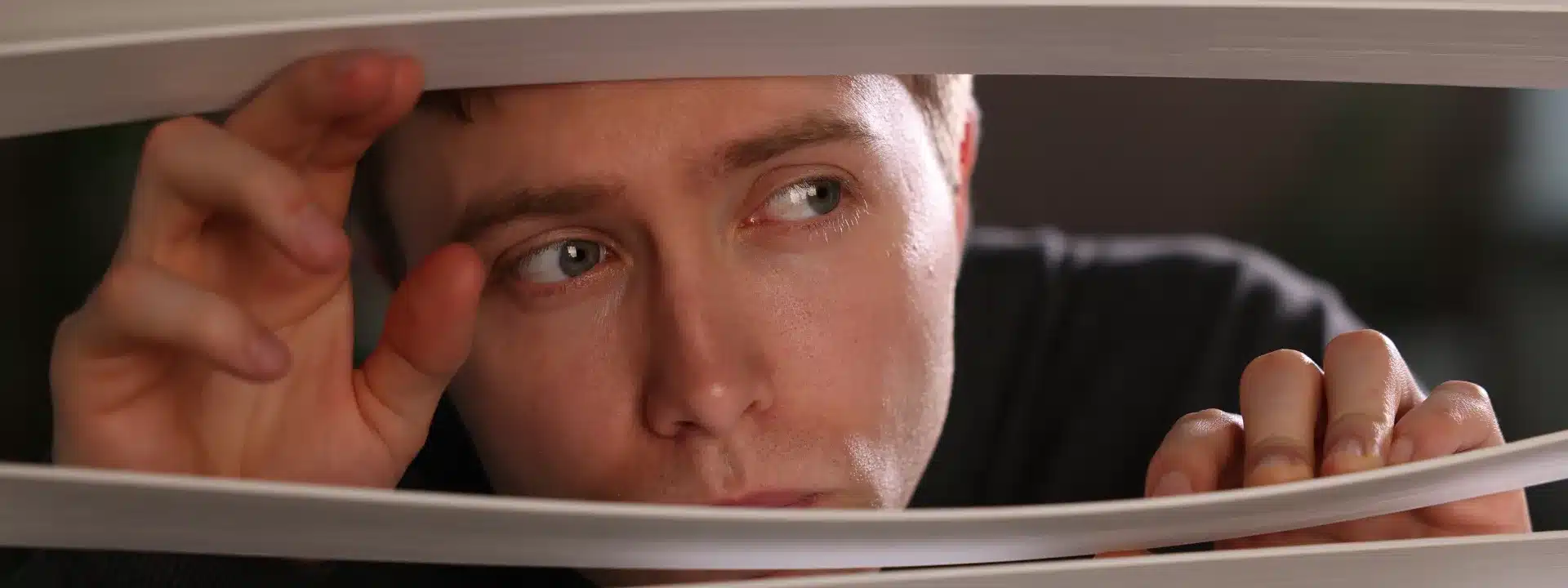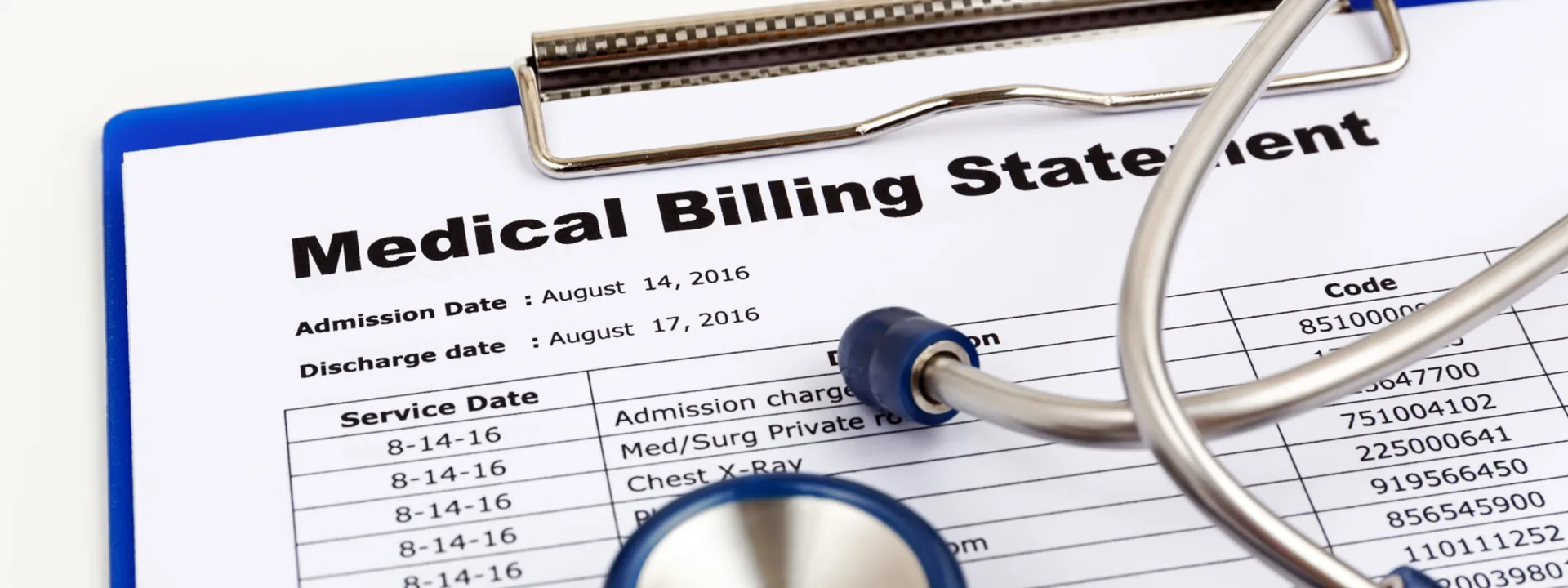Depression is a mental health condition that is often associated with acute sadness or hopelessness. However, it can also come along with many other symptoms and signs. Signs of functional depression may be harder to spot.
High functioning depression means that an individual is struggling with depression symptoms but they are still able to function daily. Although it may seem that they have a minor diagnosis, everyday tasks such as getting up and going to work are much harder. Understanding signs of functional depression can help you spot the condition in yourself or loved ones.
10 Signs of Functional Depression
Functional depression is hard to spot. Someone may look happy on the outside, but deep down they are depressed. The 10 main signs of functional depression include:
- Feeling persistently sad or hopeless
- Feeling pessimistic
- Feeling insecure or lacking confidence
- Experiencing routine fatigue or lack of energy
- Withdrawing from friends and family
- Feeling extreme anxiety or irritation
- Having trouble concentrating
- Insomnia or sleep troubles
- Suicidal thoughts
- Physical effects like gastrointestinal issues or feeling ill
These symptoms may be hard to spot, and people struggling with functional depression may be actively working to hide their condition. If you spot these signs in a loved one, it’s important to approach conversations about getting treatment with compassion.
Functional Depression Treatment
Depression is a serious, yet invisible, mental health condition that requires life-long treatment. Getting treatment for functional depression is important for maintaining a high quality of life. There is a stigma surrounding mental health treatment and depression. This makes it hard for many people to seek help for their functional depression.
There are three main types of treatment for function depression:
- Psychotherapy: Many forms of psychotherapy can be used to treat depression. Cognitive-behavioral therapy treats various forms of depression, including functional depression. This form of therapy helps patients understand the connections between their thoughts, emotions, and behaviors. They can learn to recognize unhealthy thought patterns and get support as they work to change them.
- Medication management: Clinicians may prescribe any one of several antidepressants that are approved for the treatment of depression. These medications support the function of neurotransmitters that bring balance to mood.
- Support groups: Some patients attend support groups for help managing their depression. Group therapy is also a community building option that allows clients to connect with others in a similar situation.
At Alter Behavioral Health we offer all three of these treatment methods, and more. For functional depression treatment, we offer:
- Acceptance And Commitment Therapy
- Attachment-Based Therapy
- Client Centered Therapy
- Cognitive Behavioral Therapy (CBT)
- Dialectical Behavior Therapy (DBT)
- Interpersonal Depression Therapy
- Mindfulness / Meditation
- Narrative Therapy
- Solution-Focused Therapy
When entering functional depression treatment, clients will work closely with a clinician team to determine the best treatment plan. Multiple methods may be used or only one at a time – depending on each client’s signs of functional depression.
Who is at Risk of Depression?
Functional depression is a mental health condition, not a choice. A short period of sadness does not constitute a depression diagnosis. However, acute long-lasting symptoms point to depression – even signs of functional depression.
Individuals who have experienced some form of trauma or a co-occurring mental health condition are at risk of functional depression. Similarly, people with a family history of mental health conditions and depression are more likely to develop the condition.
If you or someone you know is exhibiting signs of functional depression, it’s important to seek help from a mental health professional as soon as possible. Early intervention makes a significant difference when it comes to quality of life and overall happiness. It also reduces the risk of potentially serious side effects like self harm or suicide.
Don’t Wait to Treat Signs of Functional Depression
It’s important to understand that no one has to suffer through functional depression. At Alter Behavioral Health, we offer comprehensive mental health care that treats depression at any stage. Each level of care is meant to target a specific phase of depression. We offer crisis and stabilization care, residential mental health treatment, partial hospitalization programs, and intensive outpatient treatment. Whether you are inquiring for yourself or a loved one, we have programs for all phases of life and mental health. It all starts with a call. Take the leap and welcome a new, happier phase of life.
About Alter
Alter is a behavioral healthcare provider that specializes in evidence-based clinical treatment approaches. We provide a wide range of programs for adults and families experiencing mental health conditions including schizophrenia, depression, borderline personality disorder, anxiety, substance abuse, and more. This is done through client-centered care for a full-continuum of treatment. We serve the entire U.S. population from our revolutionary locations throughout sunny Southern California. Whether an individual needs 24/7 care or wants an outpatient program – we are there to guide every step of the journey. For more information, give us a call at (877) 613-9776 or visit our website at alterbehavioralhealth.com.



